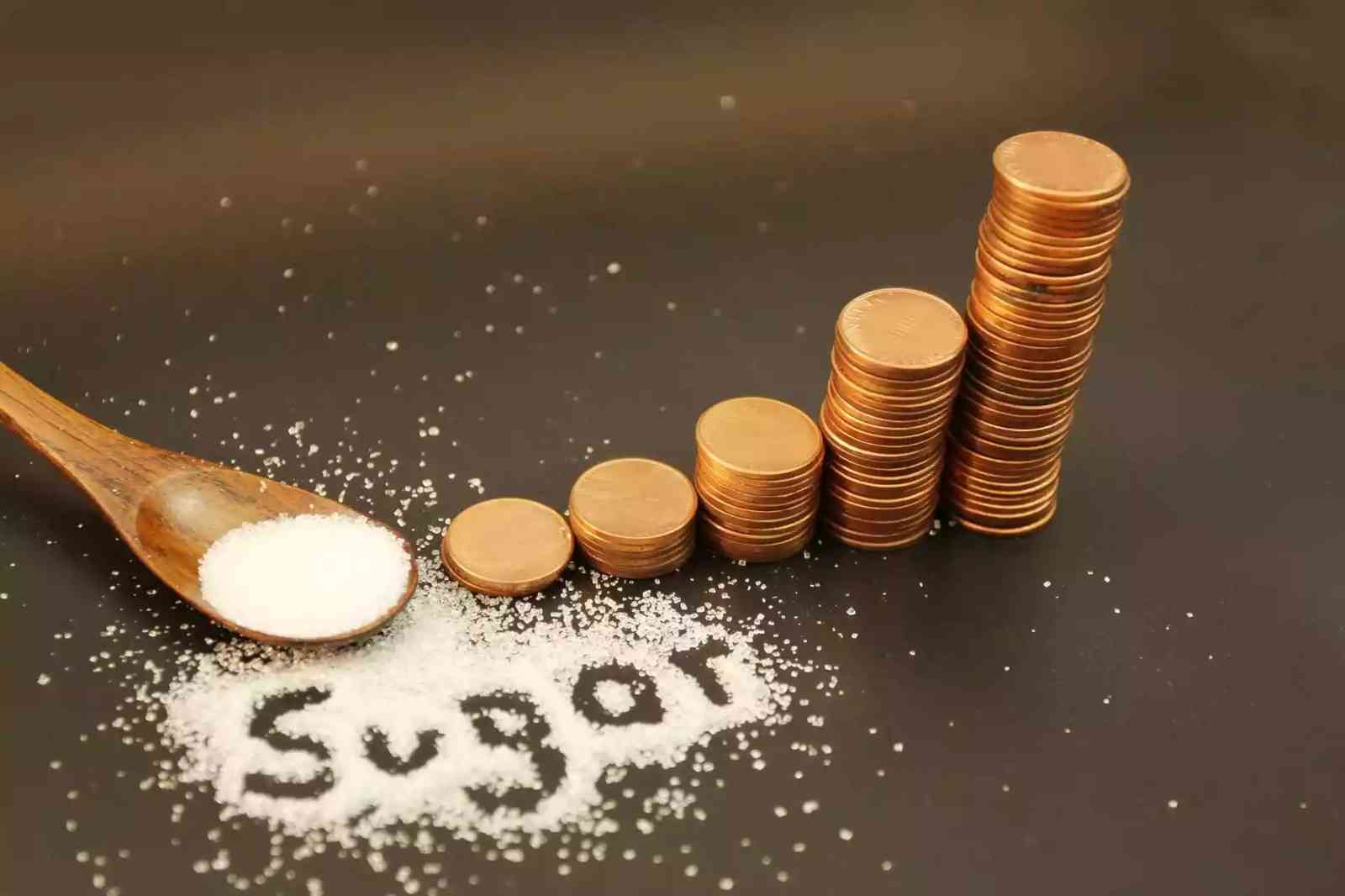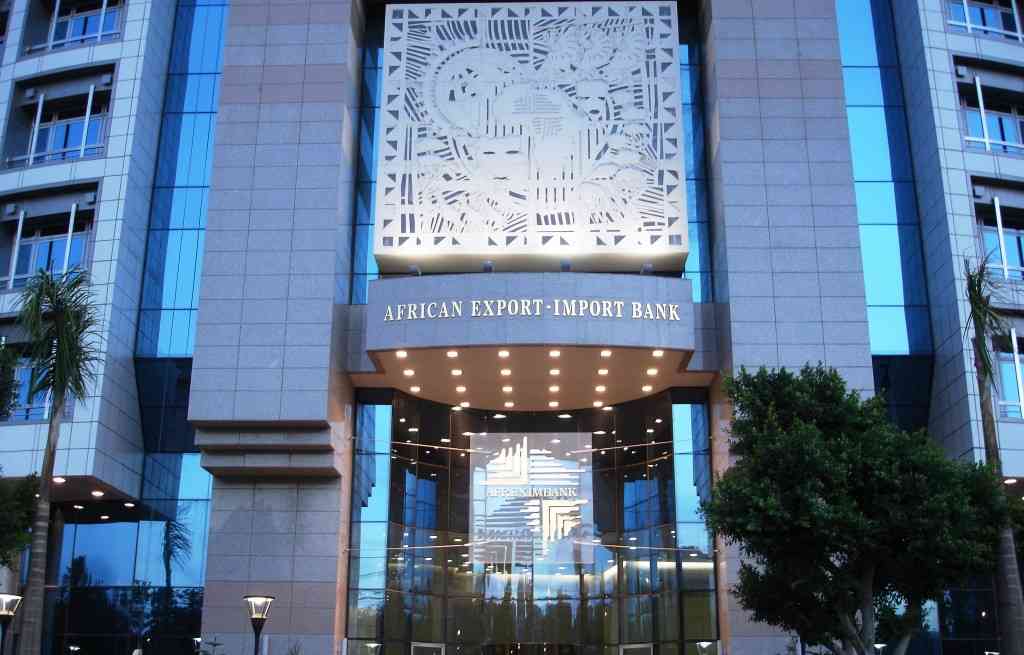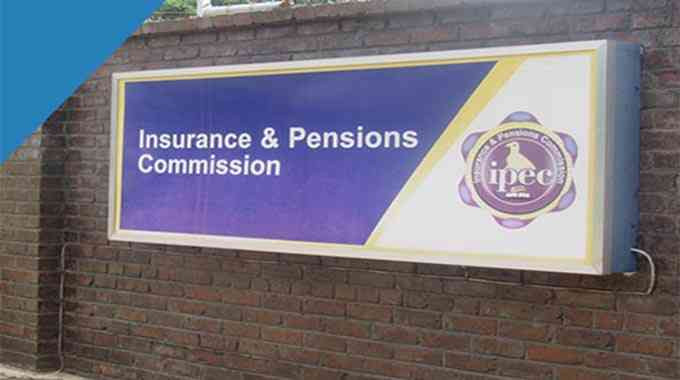
THE Beverage Makers Association (BMA) has called for the removal of Zimbabwe’s Sugar Tax, warning that failure to do so could lead to layoffs and reduced tax contributions from formal manufacturers.
Government introduced the Sugar Tax in 2024 to reduce consumption of sugary drinks and combat non-communicable diseases.
Initially set at US$0,02 per gramme of sugar in beverages, the levy was later reduced to US$0,001 in response to industry concerns. But industry officials still feel the levy is too high.
“Beverage manufacturers continue to engage the authorities, advocating for the complete removal of the excise duty,” BMA chairperson Calum Philp told businessdigest.
“In an extremely price sensitive market, the industry argues that the tax has introduced an additional value chain burden in an already challenging operating environment marked by high input costs, power supply constraints, and inflationary pressures.”
Due to this, he said, the outlook for Zimbabwe’s beverage sector was extremely bleak, with the industry facing declining volumes due to unregulated domestic and foreign products flooding the market.
“If the formal beverage manufacturers do not get relief on the high taxation, we could see the loss of jobs and a serious reduction in their overall tax contributions to the fiscus,” Philp added.
The tax has also made local companies uncompetitive compared to regional peers such as South Africa and Botswana.
- Why we fall for disinformation
- Funding for researchers
- Unpacking environmental laws for real estate in Zimbabwe
- Veld fire management strategies for 2022
Keep Reading
In South Africa, the health promotion levy imposes a charge of R0,02 (US$0,001) per gramme of sugar exceeding four grammes per 100 millilitres of a beverage, while Botswana has a rate of P0,02 (US$0,001) per gramme over that level.
Philp said locally, authorities did not account for the fact that a certain amount of sugar was necessary in one’s diet, which should be exempt.
Industry players believe revisiting the tax will result in the restoration of the domestic value chain.
Philp said the sugar tax had contributed to the rising cost of doing business in Zimbabwe, which was already significantly higher than in many regional markets.
He said the local industry was grappling with multiple structural challenges, including high interest rates, an unreliable electricity supply forcing businesses to rely on expensive alternatives, and a burdensome regulatory environment.
In this context, the Sugar Tax adds to a growing list of cost pressures in a price sensitive market, further squeezing profit margins and threatening business viability.
“For many companies, this tax has become yet another obstacle to competitiveness in an already difficult operating environment,” Philp said.
“Beverage volumes are declining from local manufacturers due to the high cost of Sugar Tax and the opportunity for informal imports to price below locally tax compliant products.”
Philp said the beverages manufacturing industry remained committed to supporting initiatives that promote public health.
“The use of Sugar Tax revenue to fund cancer treatment equipment is a commendable step toward strengthening Zimbabwe’s healthcare infrastructure.
However, we believe there is scope for the government to explore more sustainable and growth-friendly revenue options,” Philp said.
“In particular, enhancing corporate tax compliance and expanding the tax base could potentially yield greater returns without discouraging production or placing additional strain on manufacturers already operating in a high cost environment,” he said











